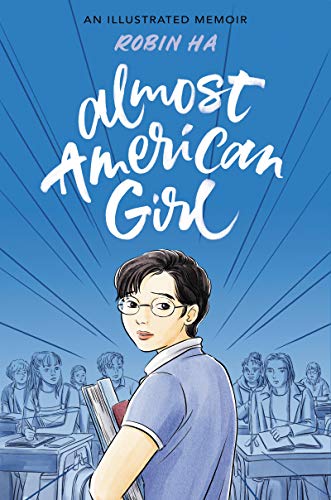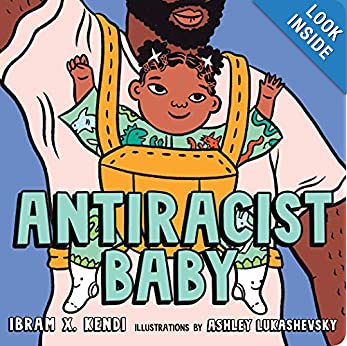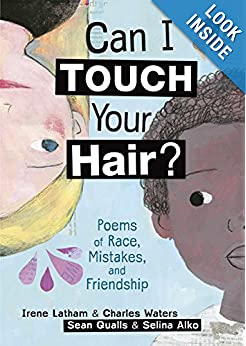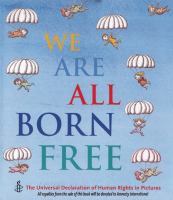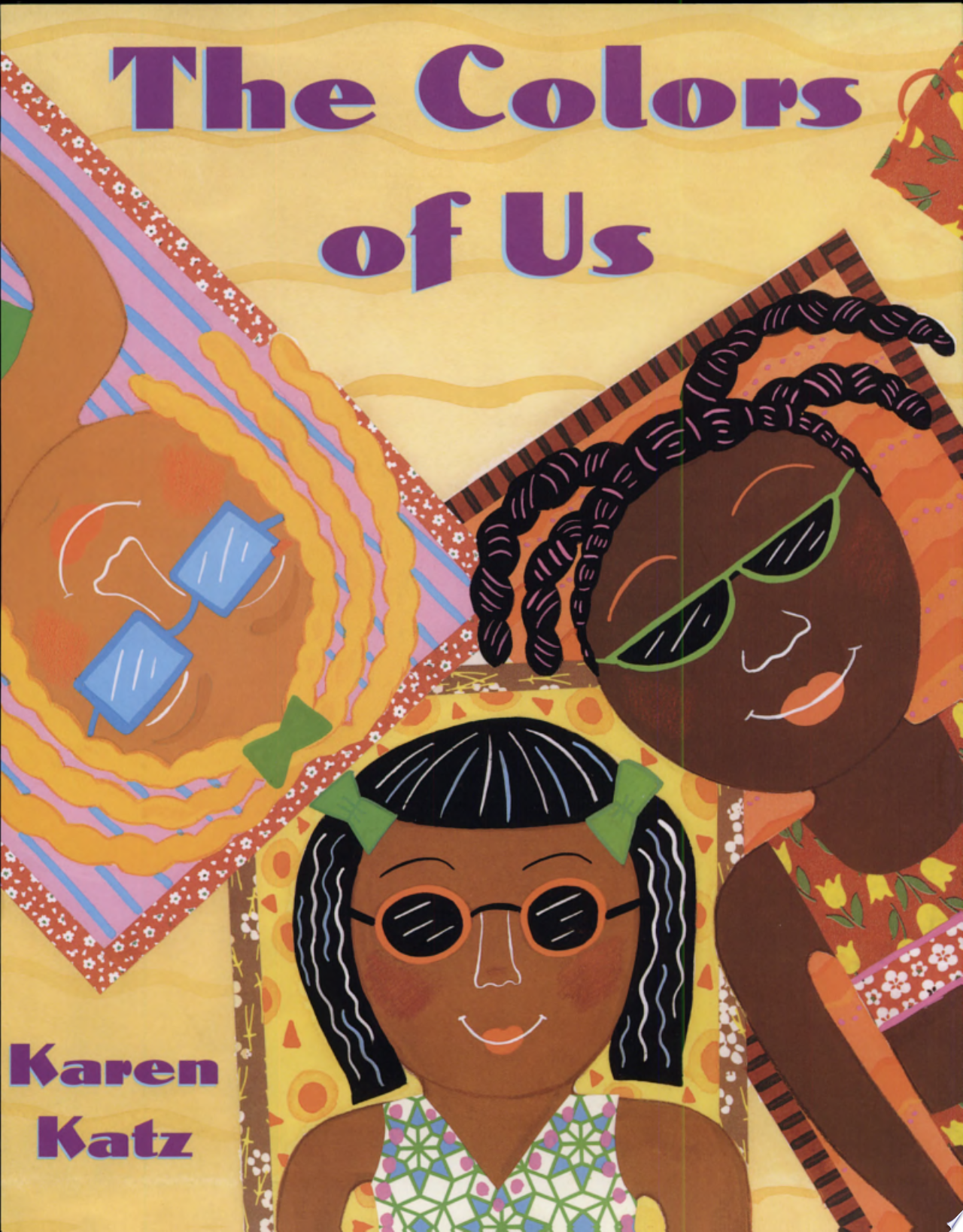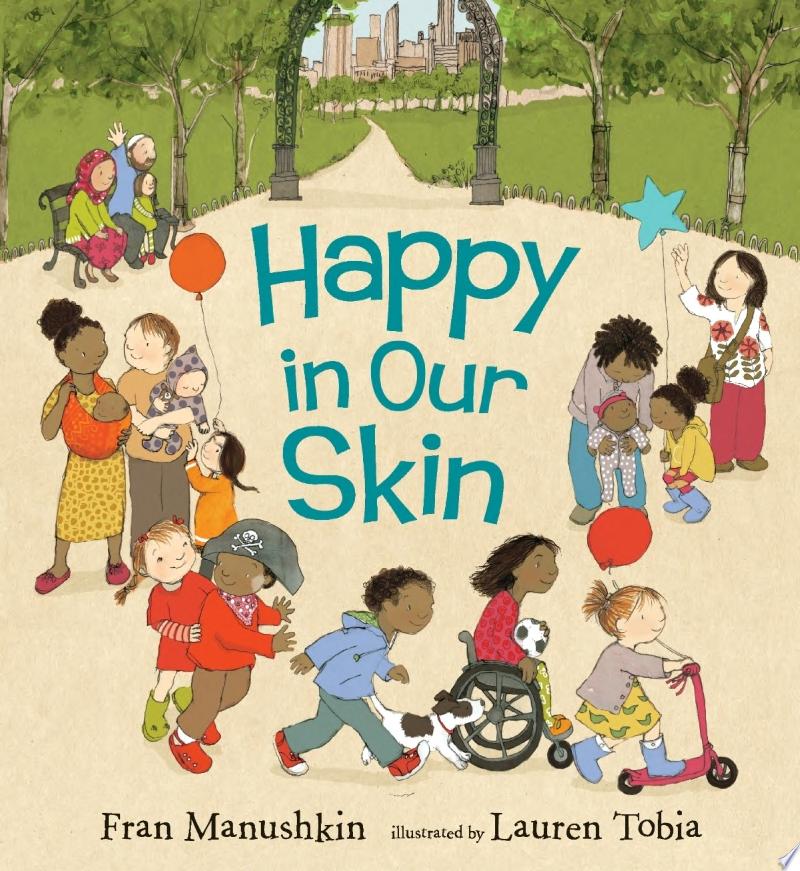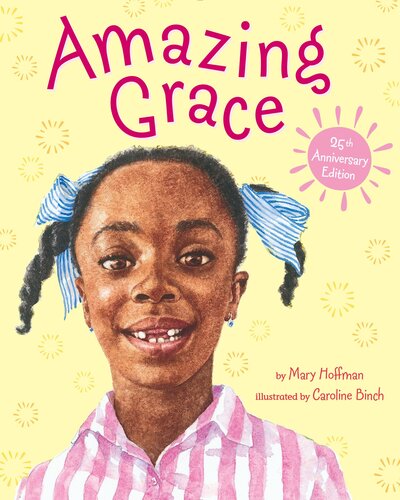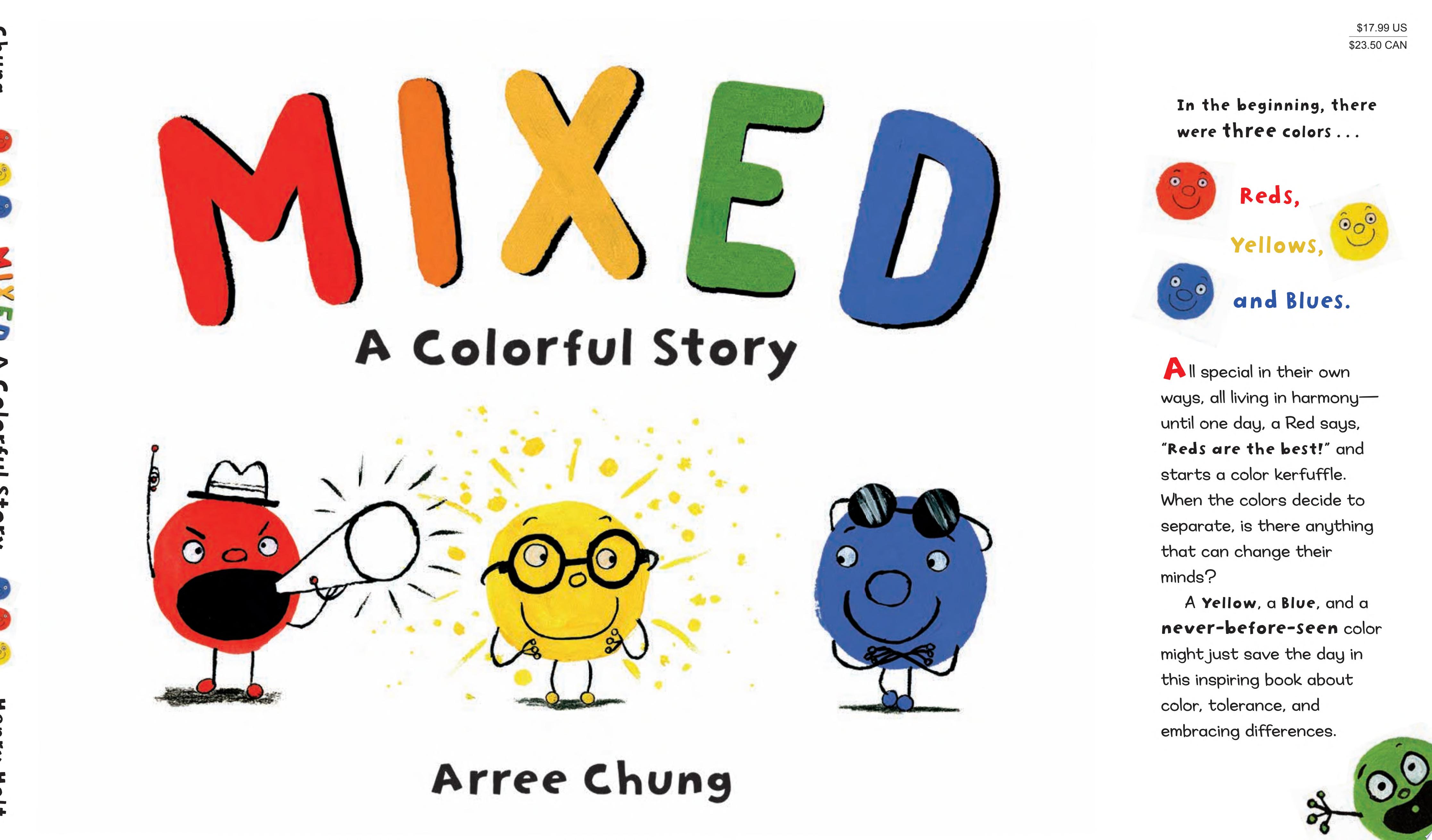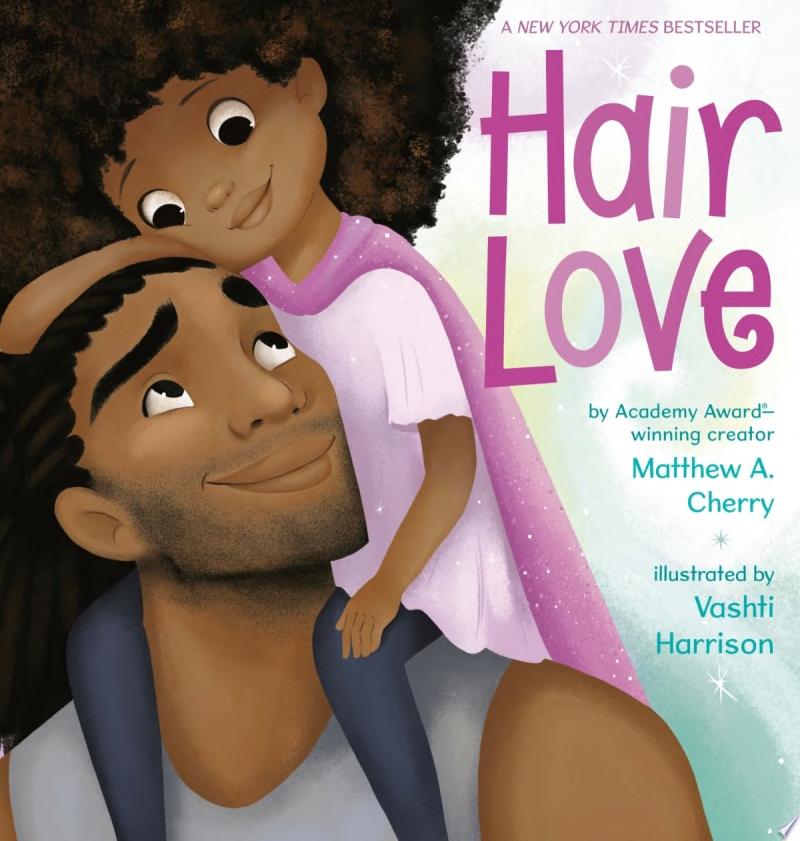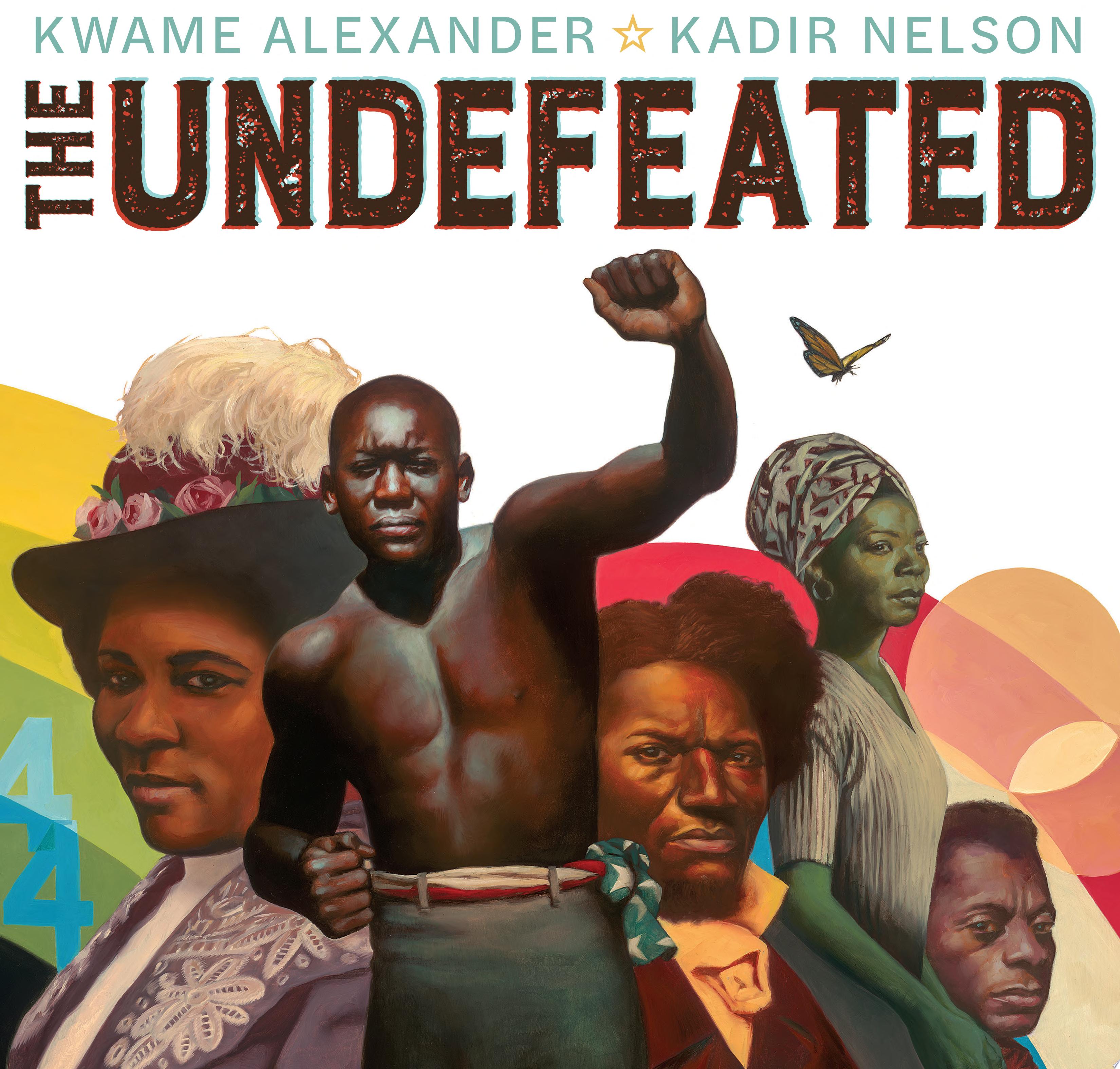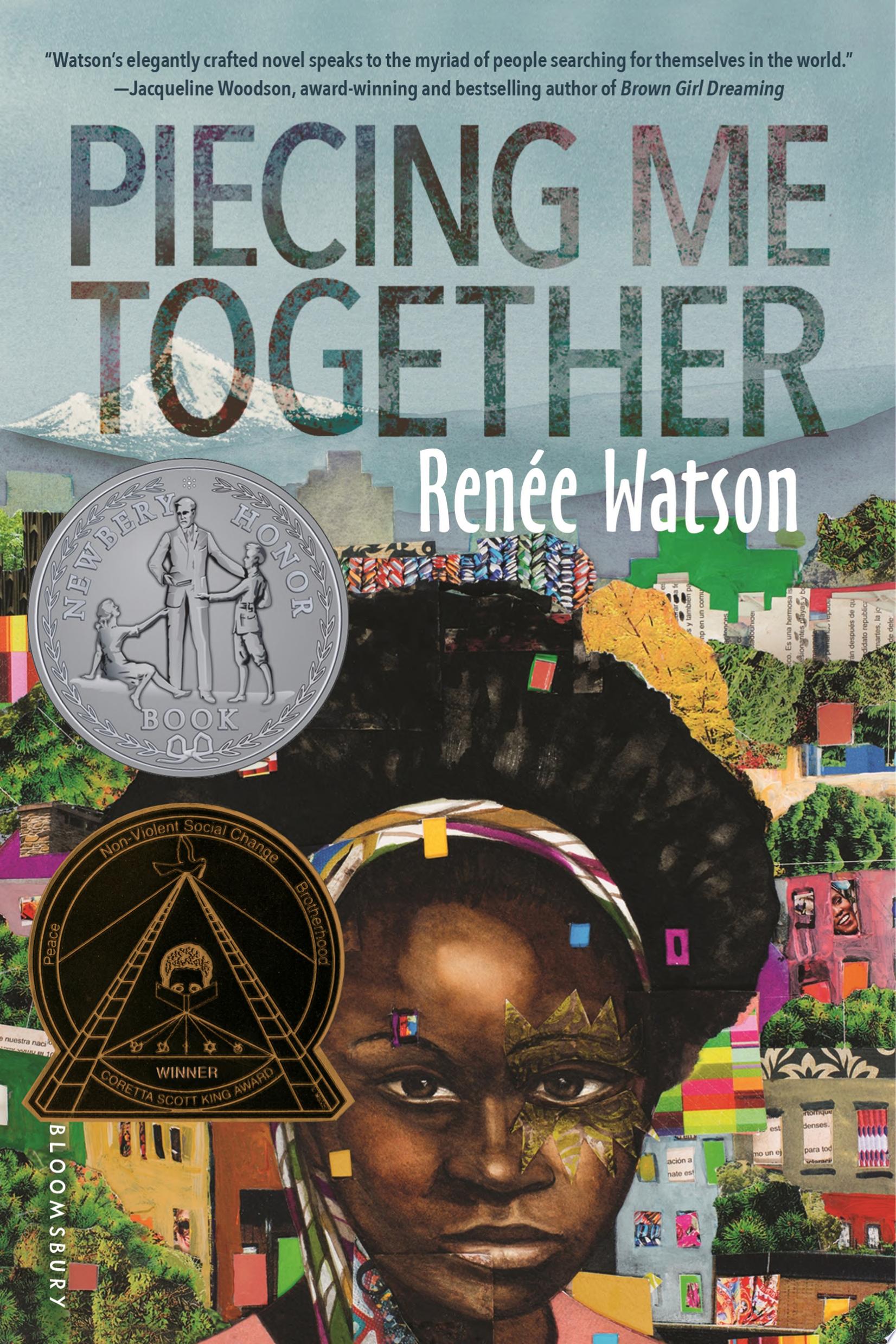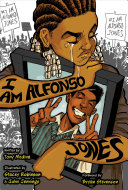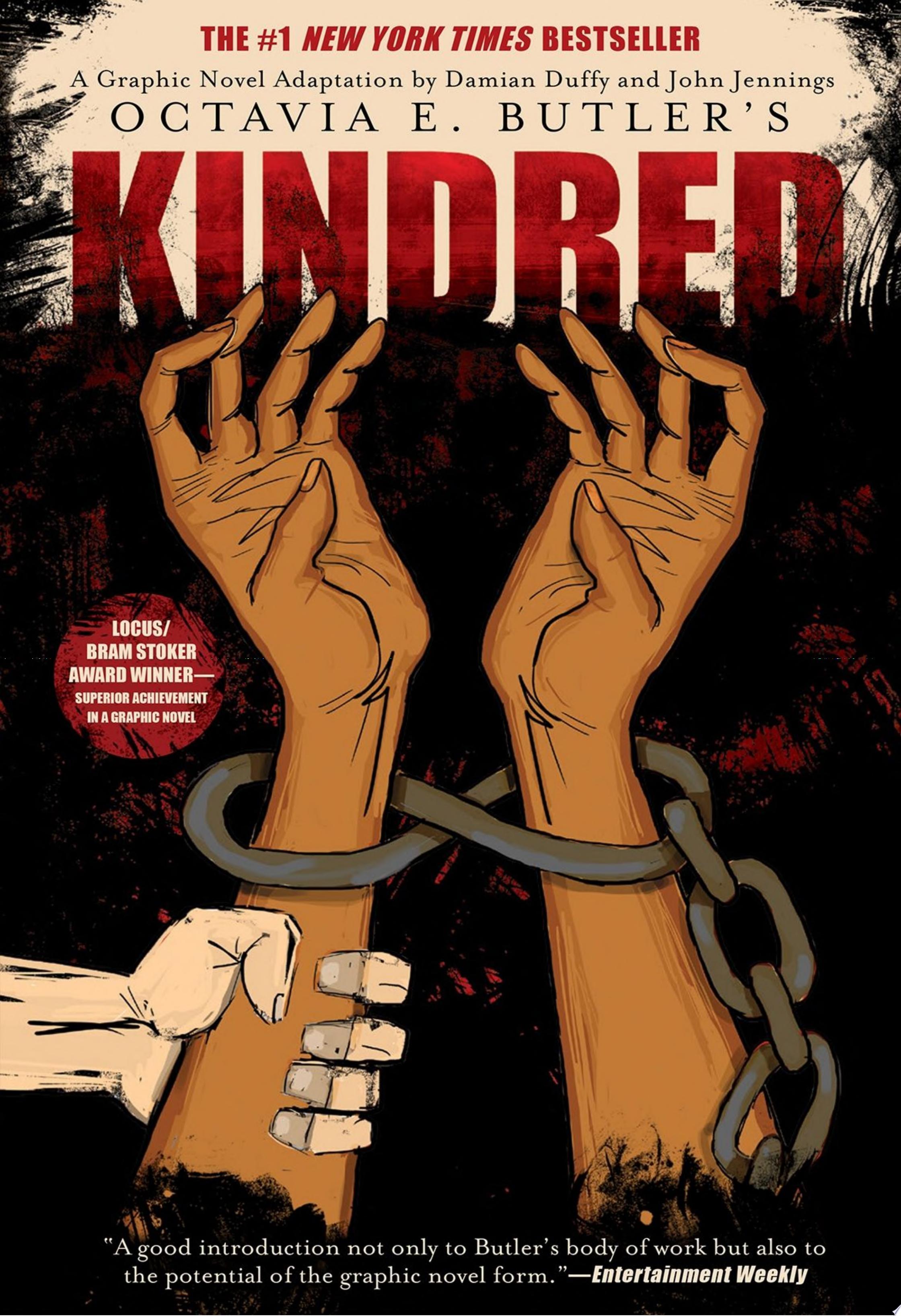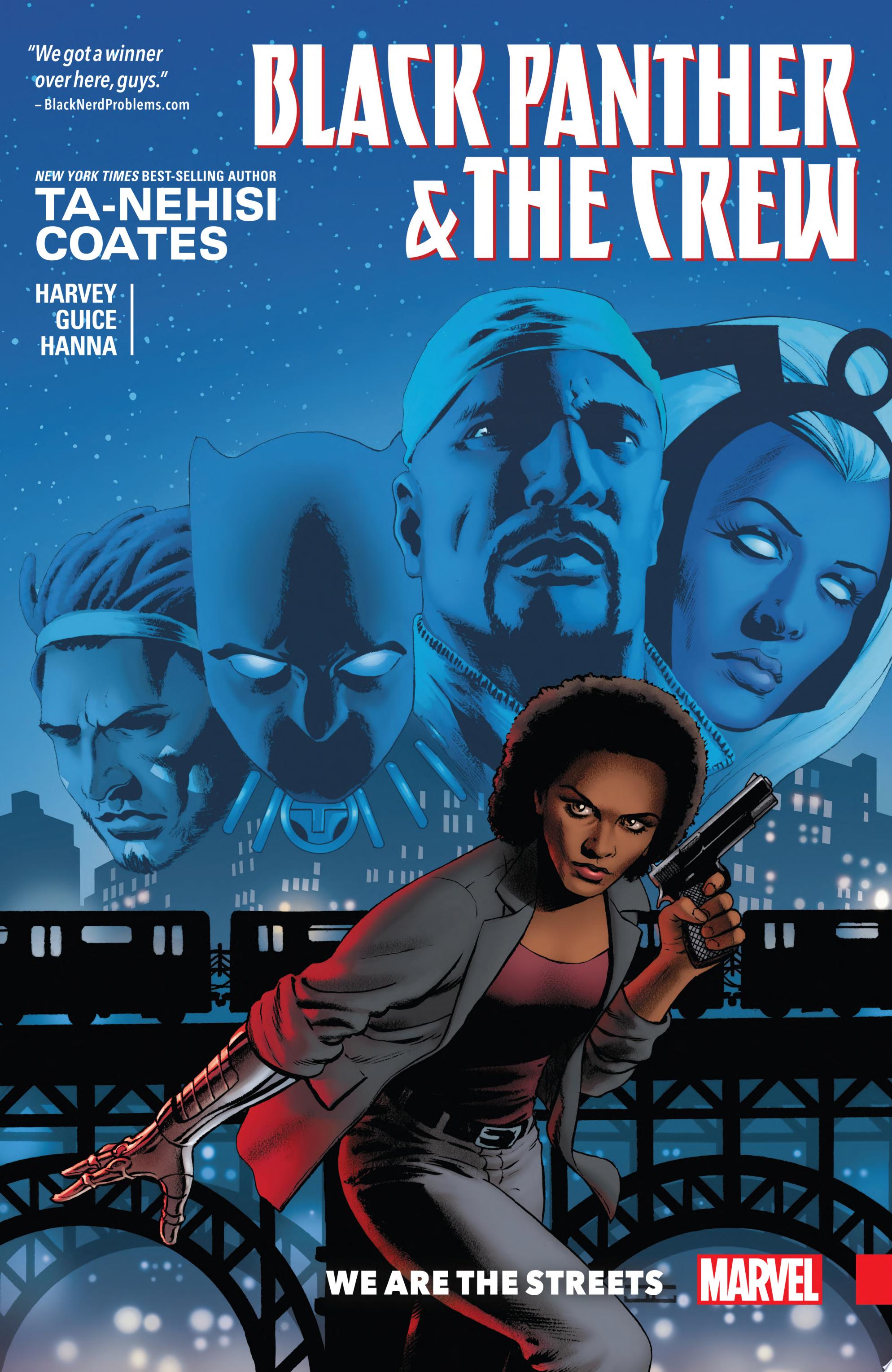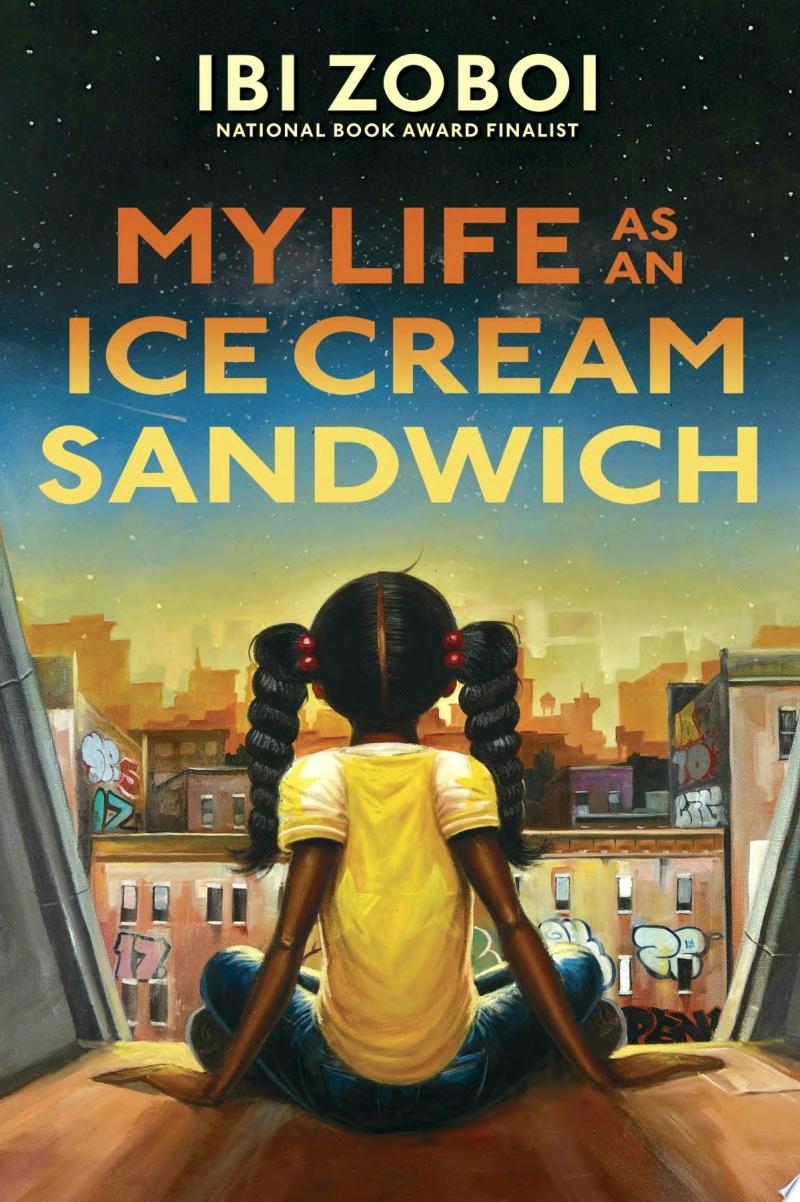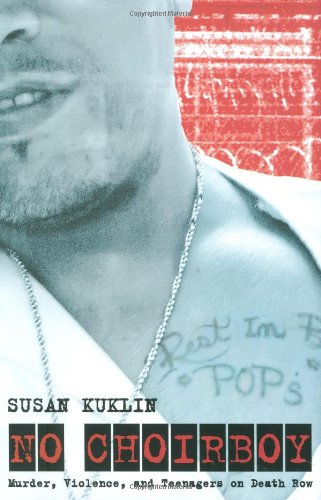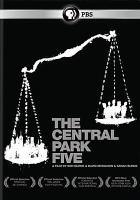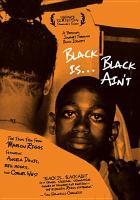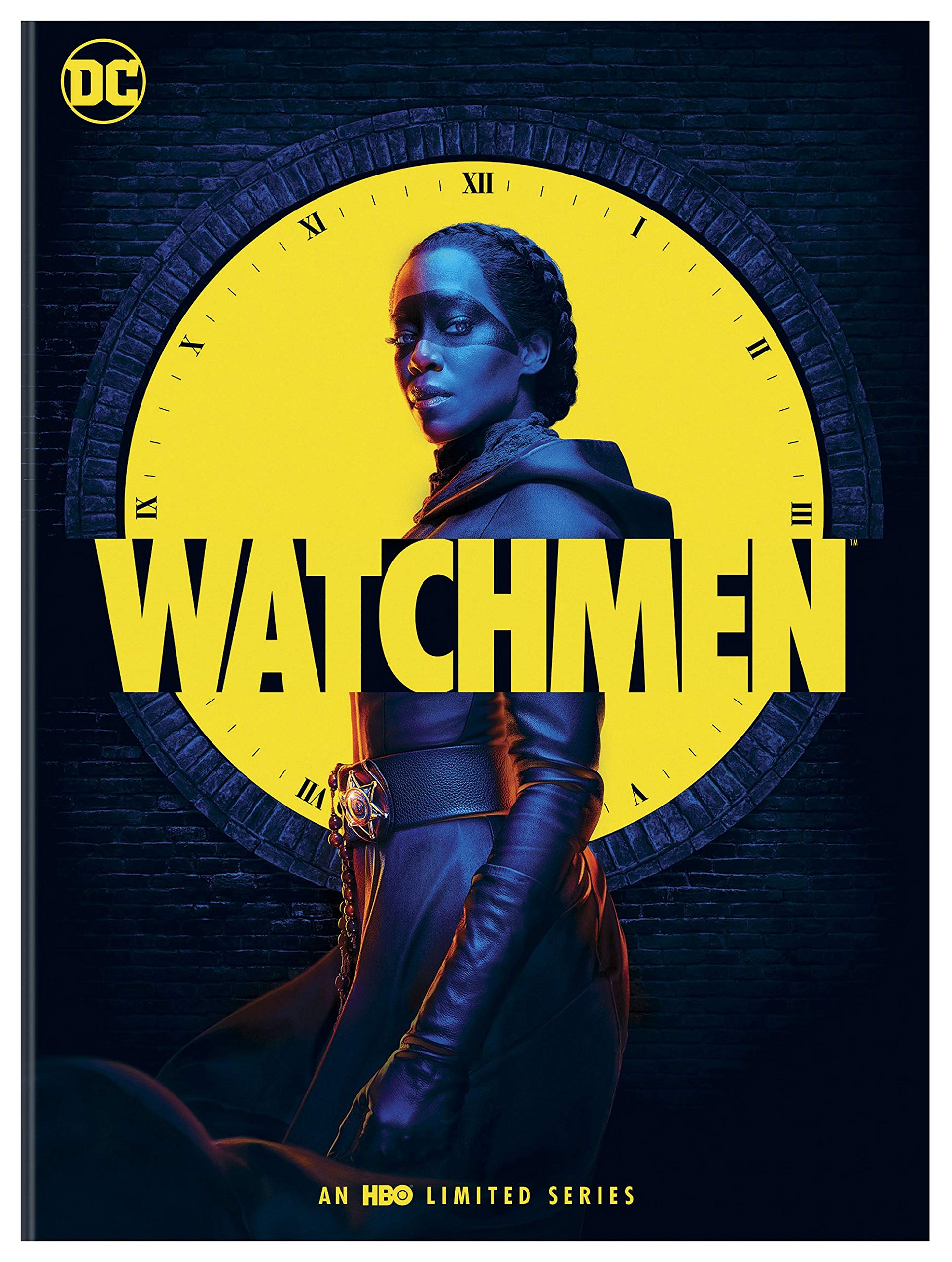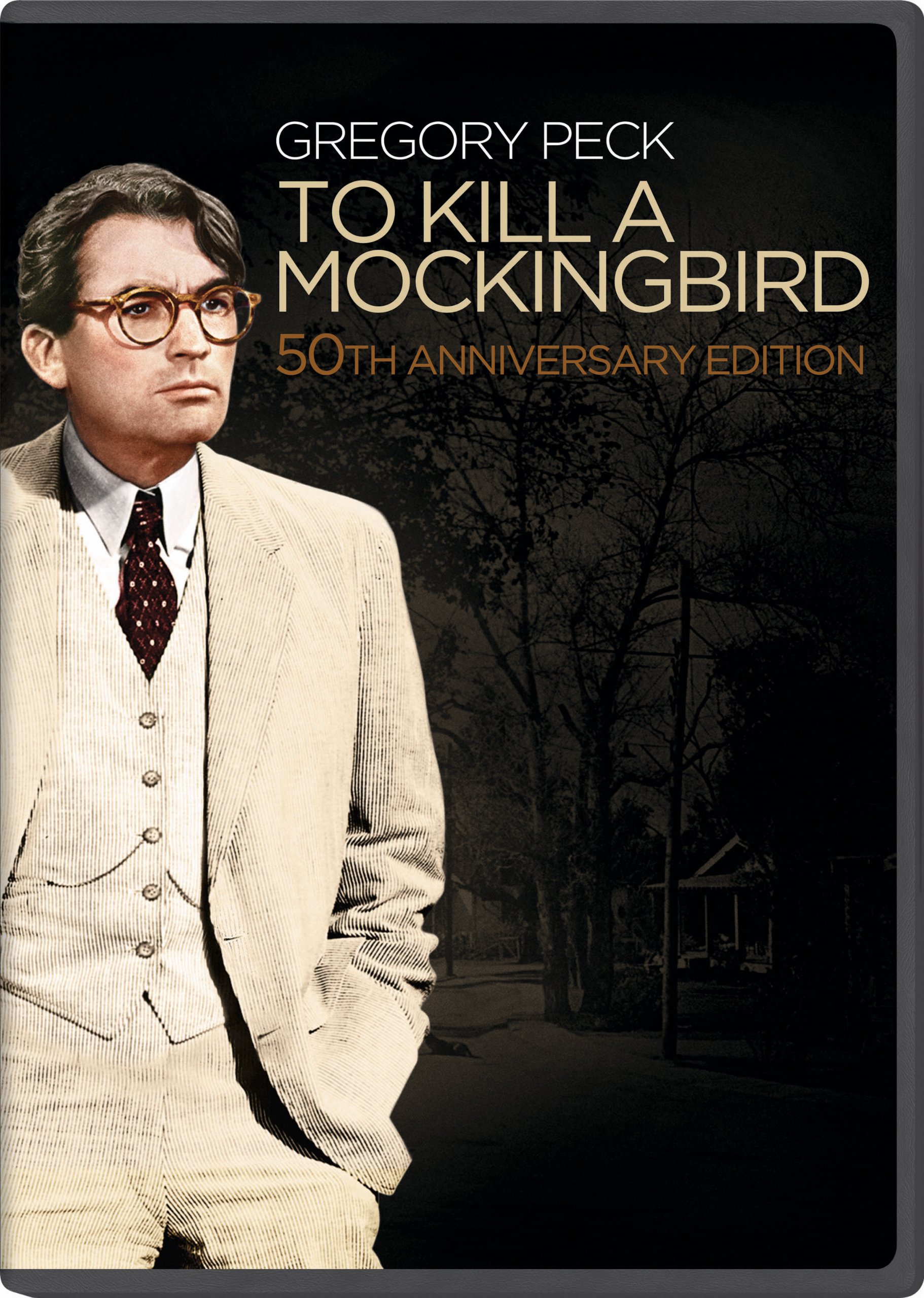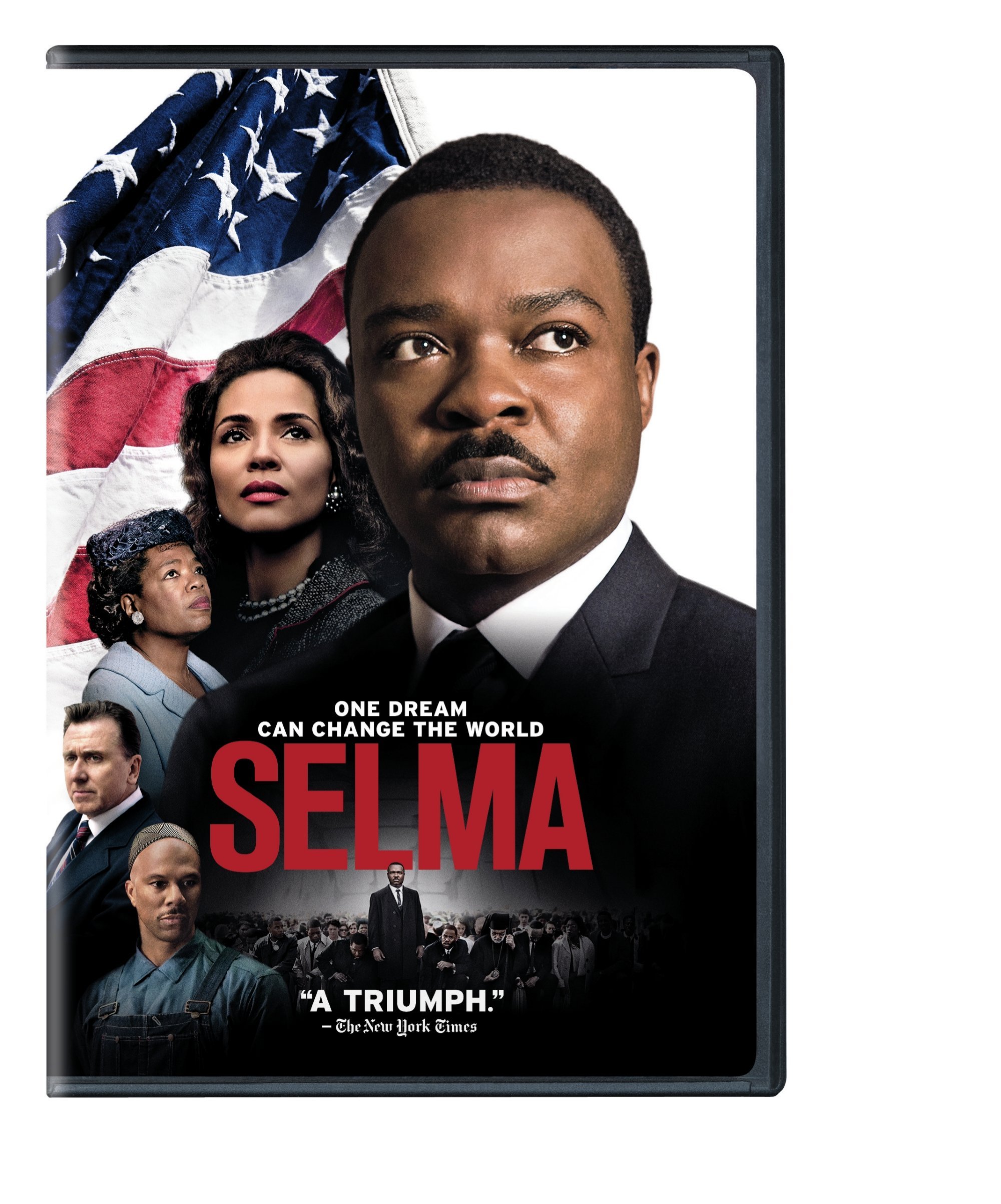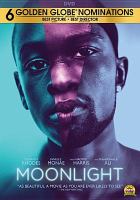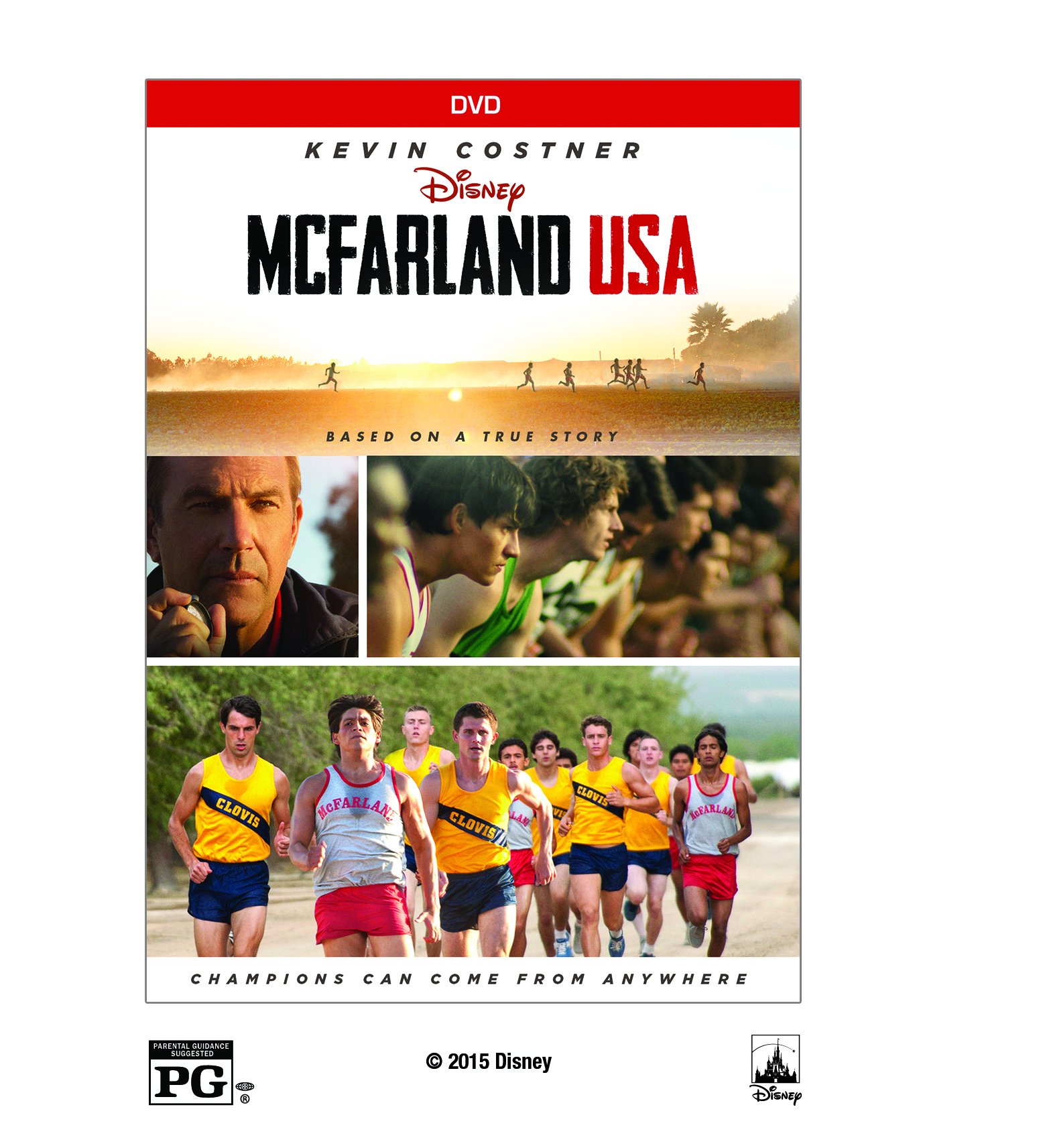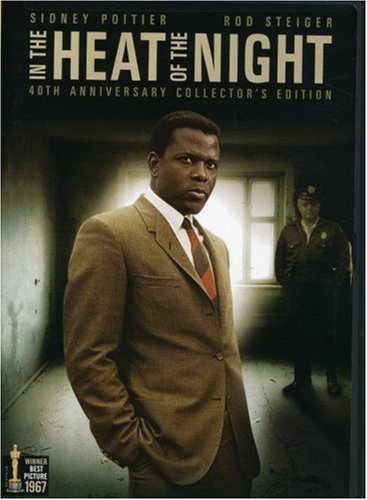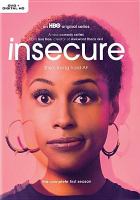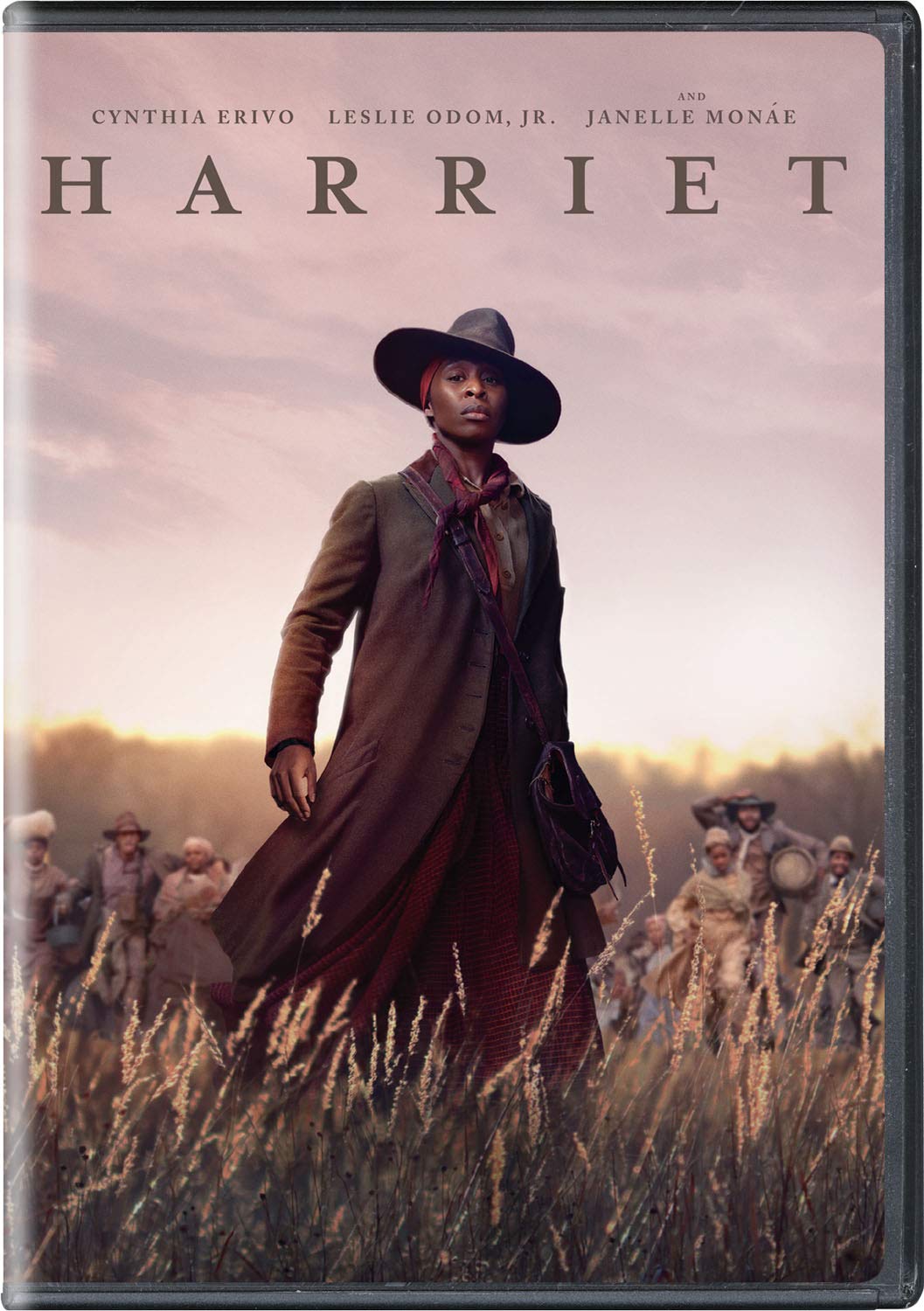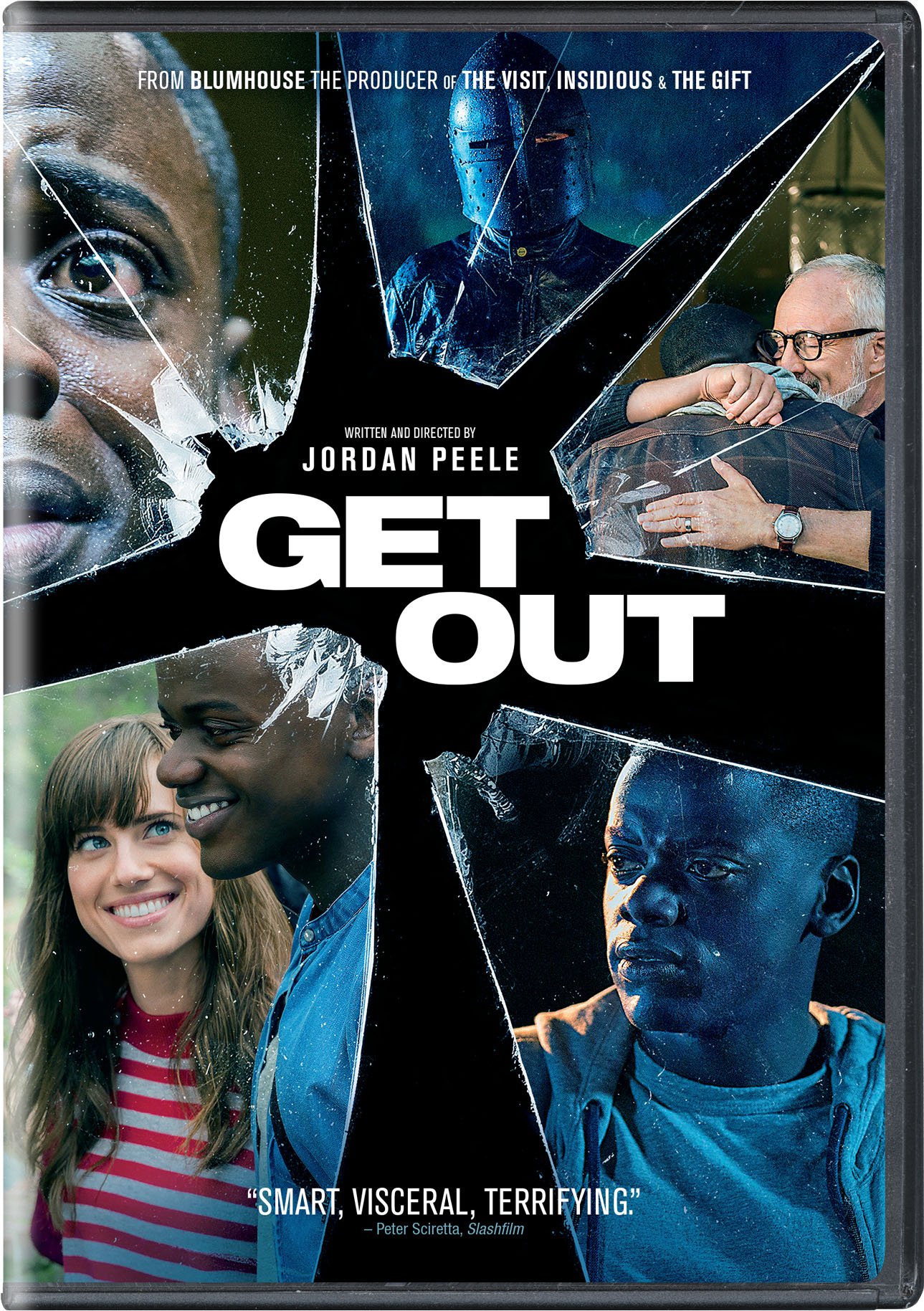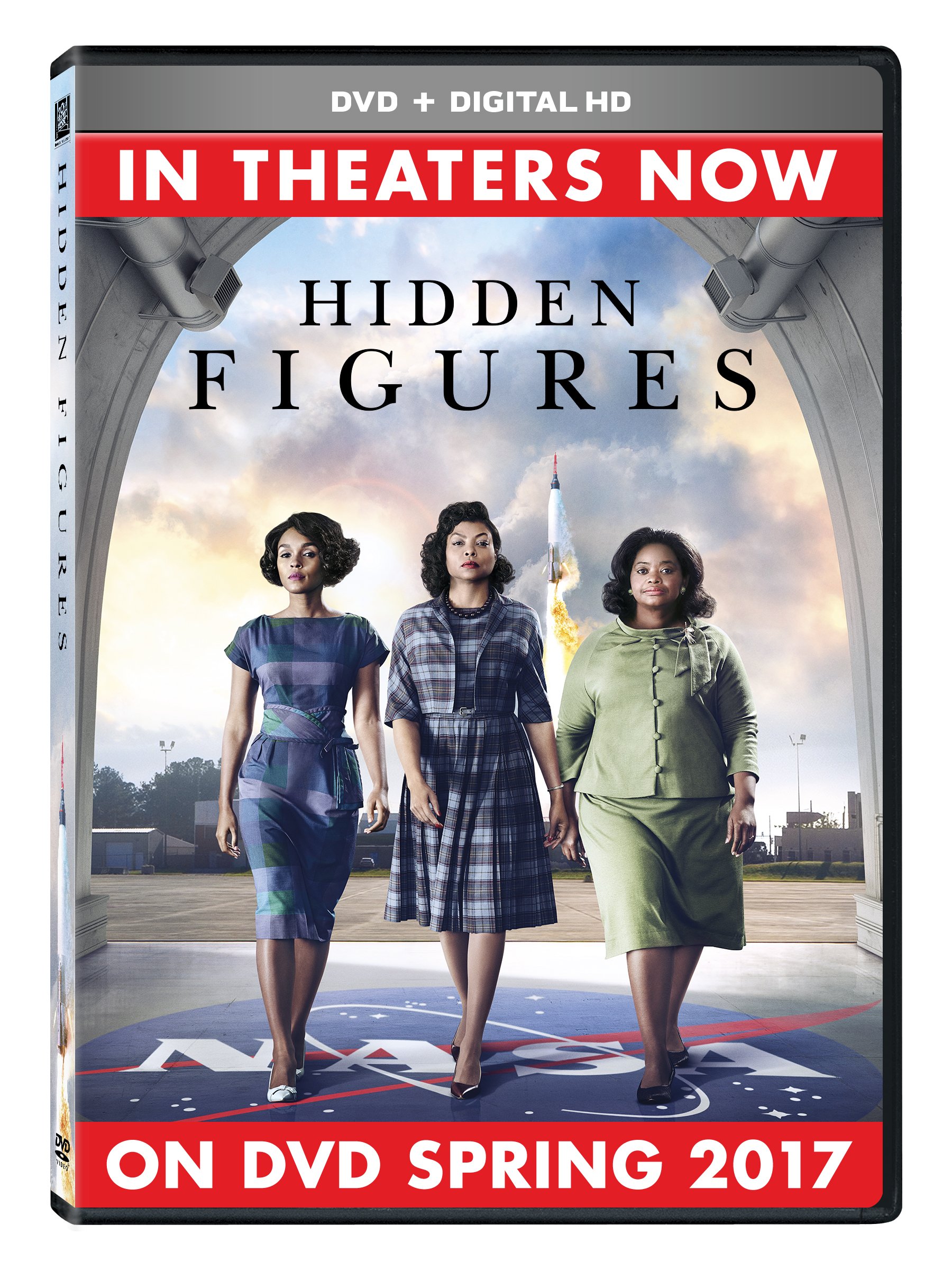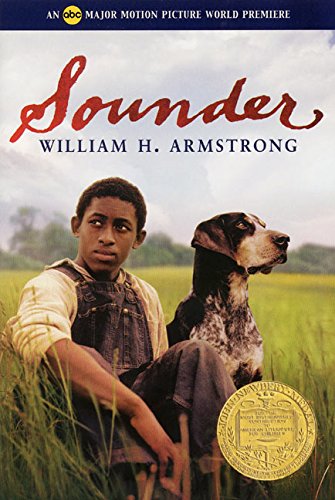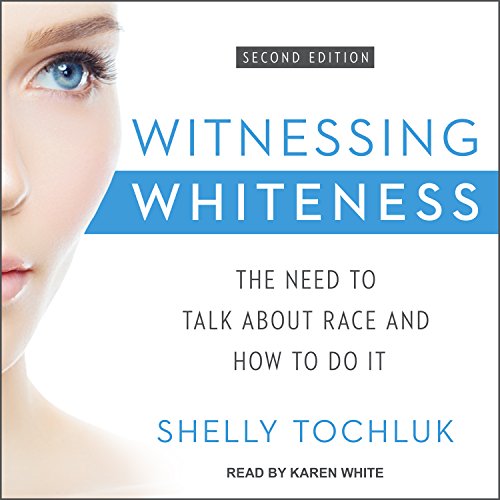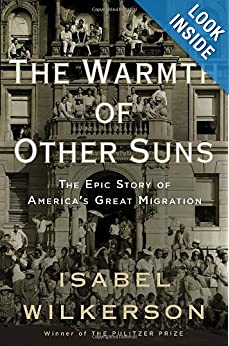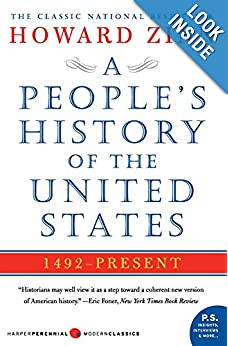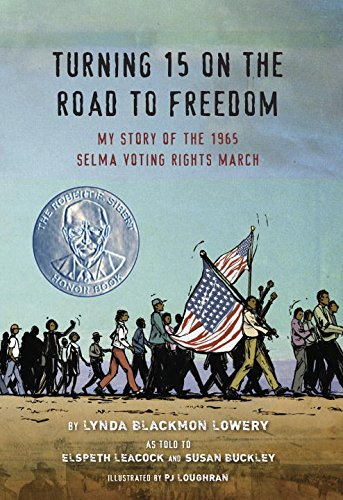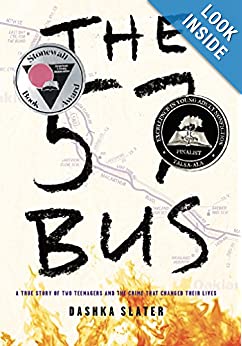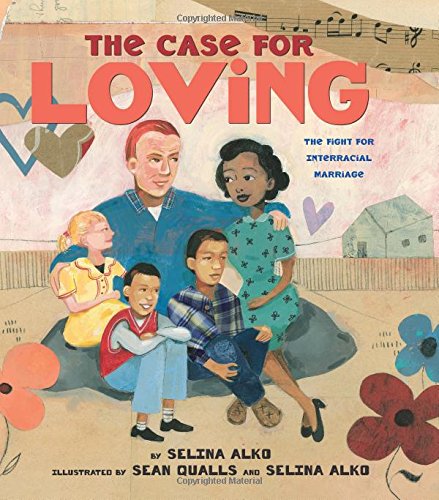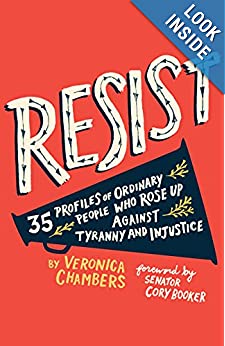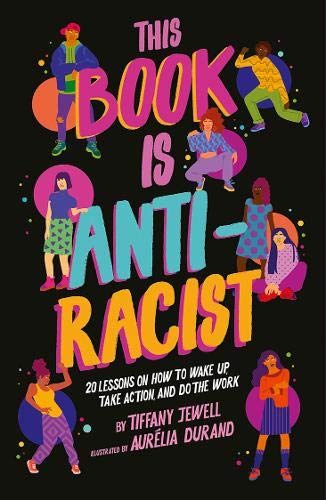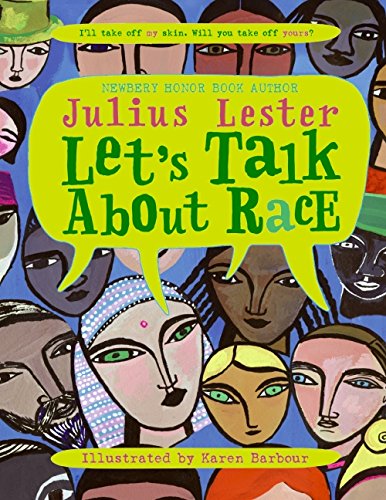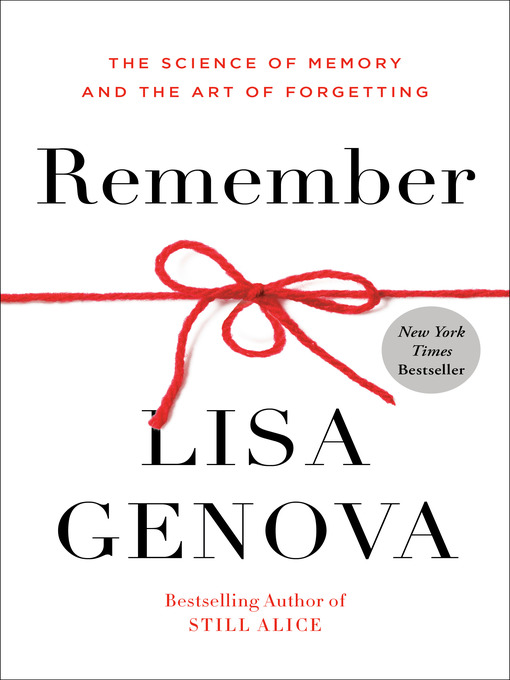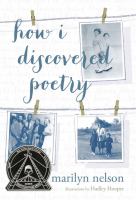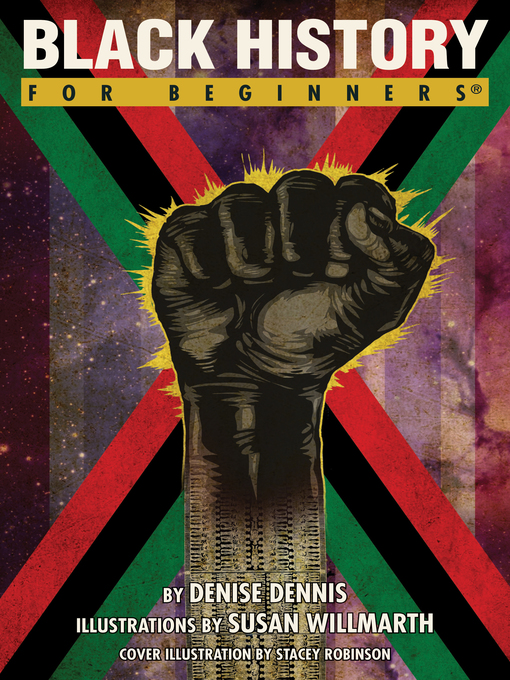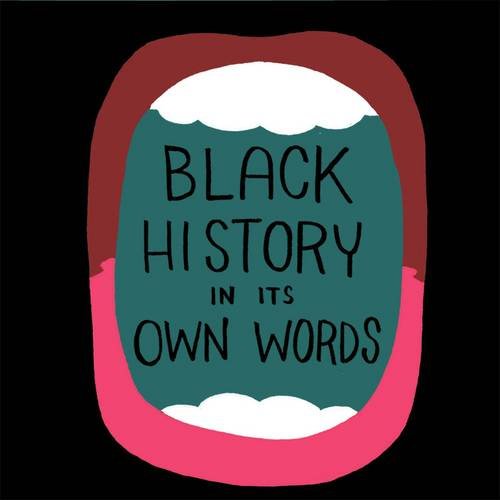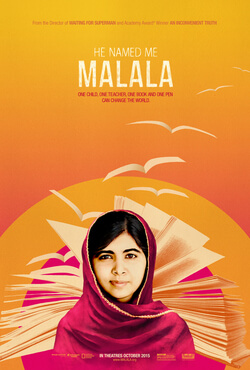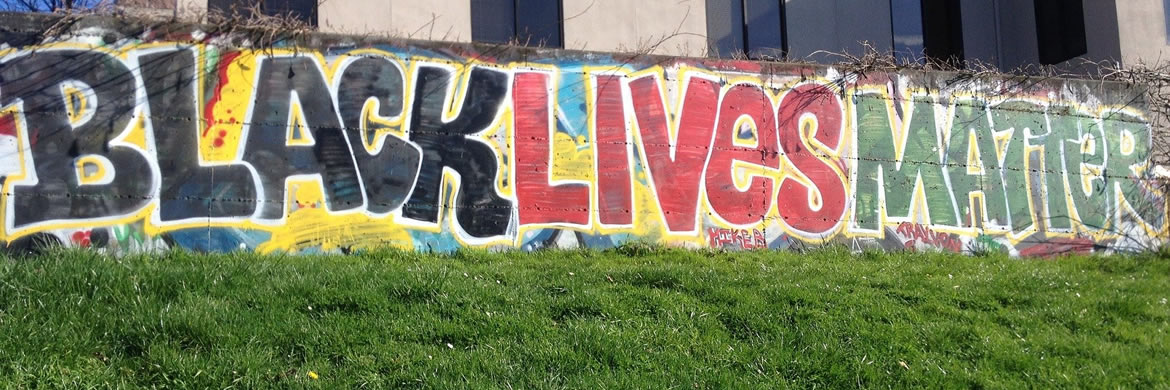
Educating All of Our Children: Understanding and Addressing Implicit Bias – Rachel D. Godsil, Co-Founder and Co-Director, Perception Institute
How Do We Change America? – The New Yorker
How to Conduct Racial Equity Audits – Keecha Harris, Ali Webb, & Sierra Fernandez
The Best Books On Racism You Can Read for Free Right Now – The Mic
Read Up on the Links Between Racism and the Environment – The New York Times
What is Environmental Racism – Natural Resource Defense Council, and the landmark research it is based on: Toxic Wastes and Race in the United States by Dr. Benjamin F. Chavez Jr.
Anti-Racist Book List by Ibram X. Kendi – Includes adult books featuring historical and modern voices in the Civil Rights, Black Panther, and Anti-Racist movements.
Best Books on Racism You Can Read for Free Right Now – A list of adult books centered around the Black Lives Matter movement with descriptions of each.
Books for Littles - Racism & Power – Book lists and educational guides for parents, educators, and children.
Michigan Electronic Library Social Justice eBook List – A living document of social justice resources for K-12 educators and learners.
Racial Equity Toolkit – From the Michigan Department of Civil Rights.
Schomburg Center Black Liberation Reading List – A blend of nonfiction and fiction for adult readers.
Trying Together: Anti-Racism Tools – Includes tools for adults, educators, and children.
American Friends Service Committee – Founded in 1917, the American Friends Service Committee (AFSC) is a Quaker organization that promotes lasting peace with justice, as a practical expression of faith in action. They are sponsoring an initiative to defund the police.
Black Girls Code - Black girls and gender nonconforming youth of color can power the future. Their code gets us there. We support their creativity and boldness with skills, training, and resources that launch their leadership. Since 2011, Black Girls Code has engaged girls of color with computer programming education to nurture their careers in tech. We partner with schools, local organizations, and dedicated volunteers to offer in-person and virtual learning opportunities for girls and women of color aged 7-25. Our programs go beyond coding skills, equipping participants with the knowledge and confidence to realize their dreams.
Black Lives Matter Detroit – BLM is a Black-led movement which welcomes individuals of every identity, and makes an effort to center the most marginalized among us.
Black Women's Health Imperative – BWHI is the first and only national non-profit solely dedicated to achieving health equity for Black women in America. Founded in 1983 by Byllye Y. Avery as the National Black Women’s Health Project at a conference on the campus of Spelman College, BWHI has evolved into a nationally recognized organization leading health policy, education, research, knowledge and leadership development and communications designed to improve the healthy outcomes of Black women.
Center for Policing Equity – At The Center for Policing Equity, we do science to promote justice. We gather and analyze data on behaviors within public safety systems and use those data to help communities achieve safer policing outcomes.
Community Healing Network – Our mission is to mobilize Black people across Global Africa to heal from the trauma caused by centuries of anti-Black racism, to free ourselves of toxic stereotypes, and to reclaim our dignity and humanity as people of African ancestry.
Council on Black Health – The Council on Black Health, in partnership with those who share our vision, researches and promotes long-term, transformative solutions that disrupt structural racism and improve health and well-being for Black communities.
Genesee County REACH – Racial and Ethnic Approaches to Community Health. Contact person: Tamara Brickey tbridkey@gchd.us
NAACP Flint – Local branch of the nation’s oldest and largest civil rights organization.
National Black Justice Coalition - Since 2003, the National Black Justice Coalition (NBJC) has been America’s leading national civil rights organization dedicated to the empowerment of Black lesbian, gay, bisexual, transgender, queer+, and same gender loving (LGBTQ+/SGL) people, including people living with HIV/AIDS through coalition building, federal policy change, research, and education.
Neighborhoods Without Borders – Sponsors of the Tendaji Talks. Facilitated by a core team from MSU's Office of University Outreach and Engagement and a network of Flint-based community and grassroots organizations, Neighborhoods Without Borders has brought people from all sectors together in a grassroots and community effort to significantly improve the overall quality of life in Flint neighborhoods and to dismantle systemic racism.
Perception Institute – Perception Institute is a consortium of researchers, advocates, and strategists who translate cutting edge mind science research on race, gender, ethnic, and other identities into solutions that reduce bias and discrimination, and promote belonging.
Urban League of Flint – The Urban League of Flint is an affiliate of the National Urban League, a historic civil rights organization dedicated to economic empowerment in order to elevate the standard of living in historically underserved urban communities.
Flint Beat – A local online publication. Flint Beat‘s founder and publisher, Jiquanda Johnson is a Flint-area native with more than 16 years of experience in journalism including print, television and digital media. She has worked for The Detroit News, NBC25, Fox and MLive Media Group/The Flint Journal, where she covered the city of Flint.
The Marshall Project: Nonprofit Journalism About Criminal Justice – The Marshall Project is a nonpartisan, nonprofit news organization that seeks to create and sustain a sense of national urgency about the U.S. criminal justice system. We have an impact on the system through journalism, rendering it more fair, effective, transparent and humane.
Black Community Newspapers Collection - A collaboration between the Gloria Coles Flint Public Library and the University of Michigan - Flint, the Black Community Newspapers collection offers a long-forgotten glimpse into the Black community of Flint. This first set, provided by the Flint Public Library, covers the end of World War II and the beginning of the Civil Rights Era.
Modern Day Consequences of Historic Redlining: Finding a Path Forward – Leonard E. Egede, MD MS, Rebekah J. Walker, PhD, Jennifer A. Campbell, PhD, MPH, Sebastian Linde, PhD, Laura C. Hawks, MD MPH and Kaylin M. Burgess, MA
The Effects of Systemic Racism on the Academic Achievement of African American Male Adolescents – Dr. Andre Rubin Fields.
The Flint Water Crisis: Systemic Racism Through the Lens of Flint – From the Michigan Civil Rights Commission.
Health, United States, 2015, With Special Feature on Racial and Ethnic Health Disparities – U.S. Centers for Disease Control and Prevention. Last updated June 22, 2017.
The Impact of Racism on the Future Health of Adults: Protocol for a Prospective Cohort Study – James Stanley, Ricci Harris, Donna Cormack, Andrew Waa & Richard Edwards.
Racism and Health: Evidence and Needed Research – David R. Williams, Jourdyn Lawrence, and Brigette Davis.
Toxic Wastes and Race in the United States: A National Report on the Racial and Socio-Economic Characteristics of Communities with Hazardous Waste Sites – Dr. Benjamin F. Chavis Jr.
10 Ways to Promote Anti-Racism in the Workplace - From Forbes.
Antiracism and Health Equity - A series of short, 2-3 minute videos from the University of Minnesota School of Public Health.
#KidLit4BlackLives Rally – Led by Kwame Alexander, Jacqueline Woodson, and Jason Reynolds, the Rally featured inspiring words, music, and numerous calls to action in support of equity and justice.
Ibram X. Kendi on How to Be an Antiracist – A talk given by Dr. Ibram X. Kendi at U.C. Berkeley.
Tendaji Talks – A lecture series on systemic racism and African American history in Flint, in honor of Tendaji Ganges.
The Difference Between Being "Not Racist" and Antiracist - An interview featuring Dr. Ibram X. Kendi.
The Origin of Race in the USA - A special from PBS discussing how Americans came to believe that race equals certain visible characteristics such as skin color and hair.
